Wild orangutan treats wound with pain-relieving plant
Science Daily: Pharmacology News
MAY 2, 2024
A wild orangutan was observed applying a plant with known medicinal properties to a wound, a first for a wild animal.

Science Daily: Pharmacology News
MAY 2, 2024
A wild orangutan was observed applying a plant with known medicinal properties to a wound, a first for a wild animal.
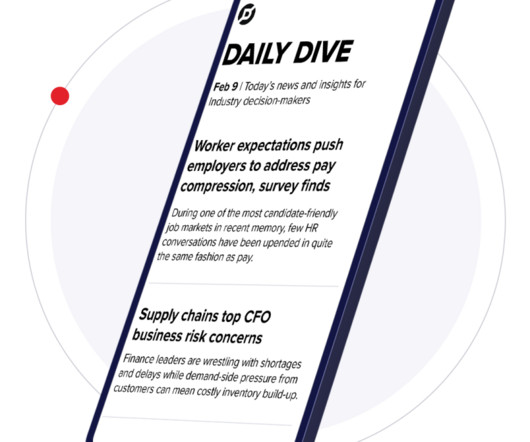
BioPharma Drive: Drug Pricing
MAY 16, 2024
The biotech, tentatively named Hercules CM Newco, has rights to three incretin drugs discovered by Jiangsu Hengrui Pharmaceuticals, two of which are in clinical testing.
This site is protected by reCAPTCHA and the Google Privacy Policy and Terms of Service apply.
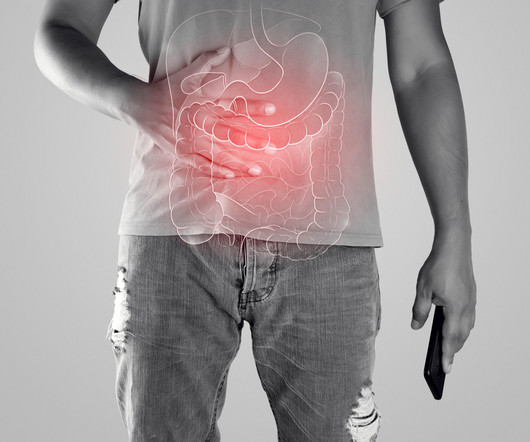
Drugs.com
MAY 20, 2024
MONDAY, May 20, 2024 -- New, real-world research confirms that the blockbuster weight-loss drugs that millions of Americans have been taking to shed pounds can trigger stomach paralysis in some patients.“Although these drugs do work and should be.
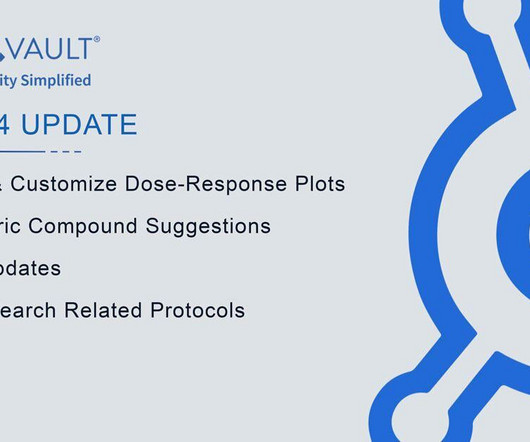
Collaborative Drug
MAY 10, 2024
Hooray for curve overlays!! We are excited to announce a new round of features associated with our Curve Analytics Module. If you are not yet subscribed to Curve Analytics, please contact your CDD Vault account manager or the CDD Vault Support Team to discuss enabling these features in your Vault.

Speaker: Simran Kaur, Co-founder & CEO at Tattva.Health
AI is transforming clinical trials—accelerating drug discovery, optimizing patient recruitment, and improving data analysis. But its impact goes far beyond research. As AI-driven innovation reshapes the clinical trial process, it’s also influencing broader healthcare trends, from personalized medicine to patient outcomes. Join this new webinar featuring Simran Kaur for an insightful discussion on what all of this means for the future of healthcare!

Science Daily: Pharmacology News
MAY 24, 2024
Engineers have developed an artificial intelligence system that lets someone wearing headphones look at a person speaking for three to five seconds to 'enroll' them. The system then plays just the enrolled speaker's voice in real time, even as the pair move around in noisy environments.
Drug Discovery Digest brings together the best content for drug research and development professionals from the widest variety of industry thought leaders.

Science Daily: Pharmacology News
MAY 3, 2024
A stretchy electronic skin could equip robots and other devices with the same softness and touch sensitivity as human skin, opening up new possibilities to perform tasks that require a great deal of precision and control of force.

Science Daily: Pharmacology News
MAY 1, 2024
The health benefits of exercise are well known but new research shows that the body's response to exercise is more complex and far-reaching than previously thought. In a study on rats, a team of scientists has found that physical activity causes many cellular and molecular changes in all 19 of the organs they studied in the animals.

Science Daily: Pharmacology News
MAY 10, 2024
Many artificial intelligence (AI) systems have already learned how to deceive humans, even systems that have been trained to be helpful and honest. Researchers describe the risks of deception by AI systems and call for governments to develop strong regulations to address this issue as soon as possible.

Science Daily: Pharmacology News
MAY 23, 2024
A consortium of researchers has produced the largest and most advanced multidimensional maps of gene regulation networks in the brains of people with and without mental disorders. These maps detail the many regulatory elements that coordinate the brain's biological pathways and cellular functions. The research used postmortem brain tissue from over 2,500 donors to map gene regulation networks across different stages of brain development and multiple brain-related disorders.

Speaker: Simran Kaur, Founder & CEO at Tattva Health Inc.
The healthcare landscape is being revolutionized by AI and cutting-edge digital technologies, reshaping how patients receive care and interact with providers. In this webinar led by Simran Kaur, we will explore how AI-driven solutions are enhancing patient communication, improving care quality, and empowering preventive and predictive medicine. You'll also learn how AI is streamlining healthcare processes, helping providers offer more efficient, personalized care and enabling faster, data-driven

Science Daily: Pharmacology News
MAY 2, 2024
Researchers succeeded in conducting an almost perfect quantum teleportation despite the presence of noise that usually disrupts the transfer of quantum state.

Science Daily: Pharmacology News
MAY 23, 2024
Researchers have now seen the formation of three of the earliest galaxies in the universe, more than 13 billion years ago. The sensational discovery contributes important knowledge about the universe.

Science Daily: Pharmacology News
MAY 15, 2024
It's one thing to dream up a quantum internet that could send hacker-proof information around the world via photons superimposed in different quantum states. It's quite another to physically show it's possible. That's exactly what physicists have done, using existing Boston-area telecommunication fiber, in a demonstration of the world's longest fiber distance between two quantum memory nodes to date.

Science Daily: Pharmacology News
MAY 20, 2024
Glaciologists show evidence of warm ocean water intruding kilometers beneath grounded ice at Thwaites Glacier in West Antarctica. The findings suggest that existing climate models are underestimating the impact of ocean and ice interactions in future sea level rise projections.
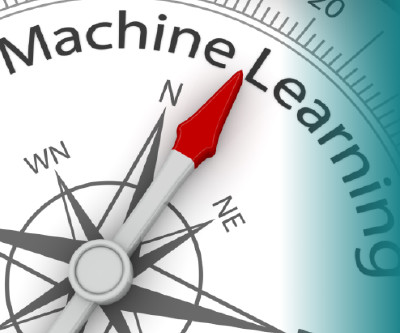
Advertisement
Clinical trial data management is increasingly challenging as studies grow in complexity. Quickly accessing and analyzing study data is vital for assessing trial progress and patient safety. In this paper, we explore real-time data access and analysis for proactive study management. We investigate using adverse event (AE) data to monitor safety and discuss a clinical analytics platform that supports collaboration and data review workflows.

Science Daily: Pharmacology News
MAY 3, 2024
Researchers uncovered compelling evidence that Earth's magnetic field was in a highly unusual state when the macroscopic animals of the Ediacaran Period -- 635 to 541 million years ago -- diversified and thrived. Their study raises the question of whether these fluctuations in Earth's ancient magnetic field led to shifts in oxygen levels that may have been crucial to the proliferation of life forms millions of years ago.

Science Daily: Pharmacology News
MAY 9, 2024
Researchers have created the largest synaptic-resolution, 3D reconstruction of a piece of human brain to date, showing in vivid detail each cell and its web of neural connections in a piece of human temporal cortex about half the size of a rice grain.

Science Daily: Pharmacology News
MAY 23, 2024
A recently completed study demonstrates that mental disorders may be transmitted between individuals within social networks. The finding was the most evident in the case of mood, anxiety and eating disorders.

Science Daily: Pharmacology News
MAY 15, 2024
Instead of burning fossil fuels to smelt steel and cook cement, researchers in Switzerland want to use heat from the sun. The proof-of-concept study uses synthetic quartz to trap solar energy at temperatures over 1,000 C (1,832 F), demonstrating the method's potential role in providing clean energy for carbon-intensive industries.
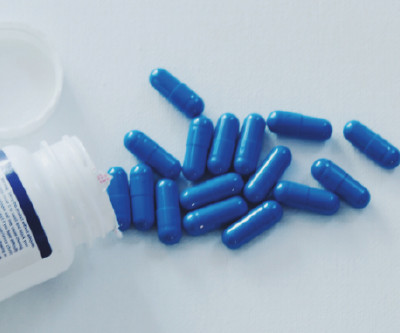
Advertisement
Clinical research has entered a new era, one that requires real-time analytics and visualization to allow trial leaders to work collaboratively and to develop, at the click of a mouse, deep insights that enable proactive study management. Learn how Revvity Signals helps drug developers deliver clinical trial data insights in real-time using a fast and flexible data and analytics platform to empower data-driven decision-making.

Science Daily: Pharmacology News
MAY 7, 2024
The world's largest study of cerebral palsy (CP) genetics has discovered genetic defects are most likely responsible for more than a quarter of cases in Chinese children, rather than a lack of oxygen at birth as previously thought.

Science Daily: Pharmacology News
MAY 20, 2024
Major advance promises to accelerate the understanding and improved treatment of a wide range of brain disorders, including stroke, cerebral vascular disorders, brain cancer, Alzheimer's disease, Huntington disease, Parkinson's disease, and other neurodegenerative conditions.

Science Daily: Pharmacology News
MAY 23, 2024
New research offers a possible explanation for how the brain learns to identify both color and black-and-white images. The researchers found evidence that early in life, when the retina is unable to process color information, the brain learns to distinguish objects based on luminance, rather than color.

Science Daily: Pharmacology News
MAY 30, 2024
When we're told 'This coffee is hot' upon being served a familiar caffeinated beverage at our local diner or cafe, the message is clear. But what about when we're told 'This coffee is not hot'? Does that mean we think it's cold? Or room temperature? Or just warm? A team of scientists has now identified how our brains work to process phrases that include negation (i.e., 'not'), revealing that it mitigates rather than inverts meaning -- in other words, in our minds, negation merely reduces the tem

Advertisement
Clinical development organizations face a wide array of challenges when it comes to data, many of which can impact the operational effectiveness of their clinical trials. In this whitepaper, experts from Revvity Signals explore how solutions like TIBCO® Spotfire® enable better, more streamlined studies. The whitepaper also features a success story from Ambrx, a leading biopharmaceutical company, detailing how it has leveraged Spotfire to tackle data quality and collaboration challenges in clinic
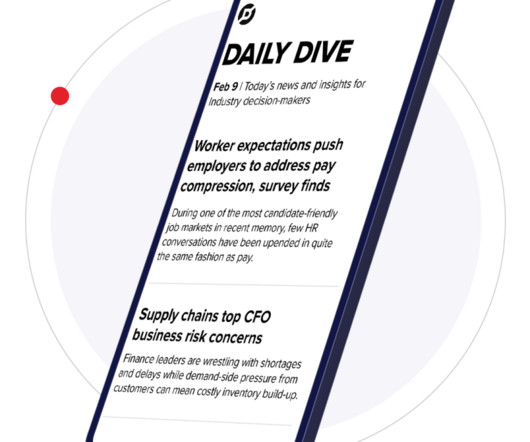
BioPharma Drive: Drug Pricing
MAY 8, 2024
Intellectual property is the foundation of the drug industry’s business model. This database will track key patent expiry dates for 30 top-selling medicines.

Science Daily: Pharmacology News
MAY 1, 2024
The brain can direct the immune system to an unexpected degree, capable of detecting, ramping up and tamping down inflammation, shows a new study in mice.

Science Daily: Pharmacology News
MAY 1, 2024
A research team using the ChemCam instrument onboard NASA's Curiosity rover discovered higher-than-usual amounts of manganese in lakebed rocks within Gale Crater on Mars, which indicates that the sediments were formed in a river, delta, or near the shoreline of an ancient lake.

Science Daily: Pharmacology News
MAY 22, 2024
Researchers have developed a method to produce very low emission concrete at scale -- an innovation that could be transformative in the transition to net zero. The method, which the researchers say is 'an absolute miracle', uses the electrically-powered arc furnaces used for steel recycling to simultaneously recycle cement, the carbon-hungry component of concrete.

Science Daily: Pharmacology News
MAY 23, 2024
Researchers show in animal models that a novel, non-hormonal sperm-specific approach offers a promising option for reversible human male contraception.

Science Daily: Pharmacology News
MAY 13, 2024
Today's rate of atmospheric carbon dioxide increase is 10 times faster than at any other point in the past 50,000 years, researchers have found through a detailed chemical analysis of ancient Antarctic ice.
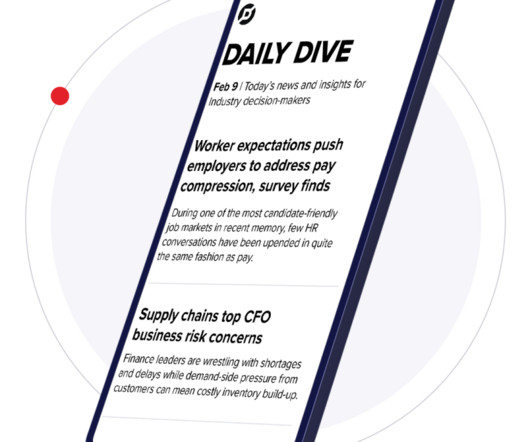
BioPharma Drive: Drug Pricing
MAY 13, 2024
Goldman Sachs and Eli Lilly are among those backing the startup, which claims its prospect could be more potent than the myelofibrosis therapies that have come to market in recent years.

Science Daily: Pharmacology News
MAY 1, 2024
With recent studies having established the presence of nano and microplastic particles in the respiratory systems of both human and bird populations, new research has modeled what happens when people breathe in different kinds of plastic particles and where they end up.
Let's personalize your content